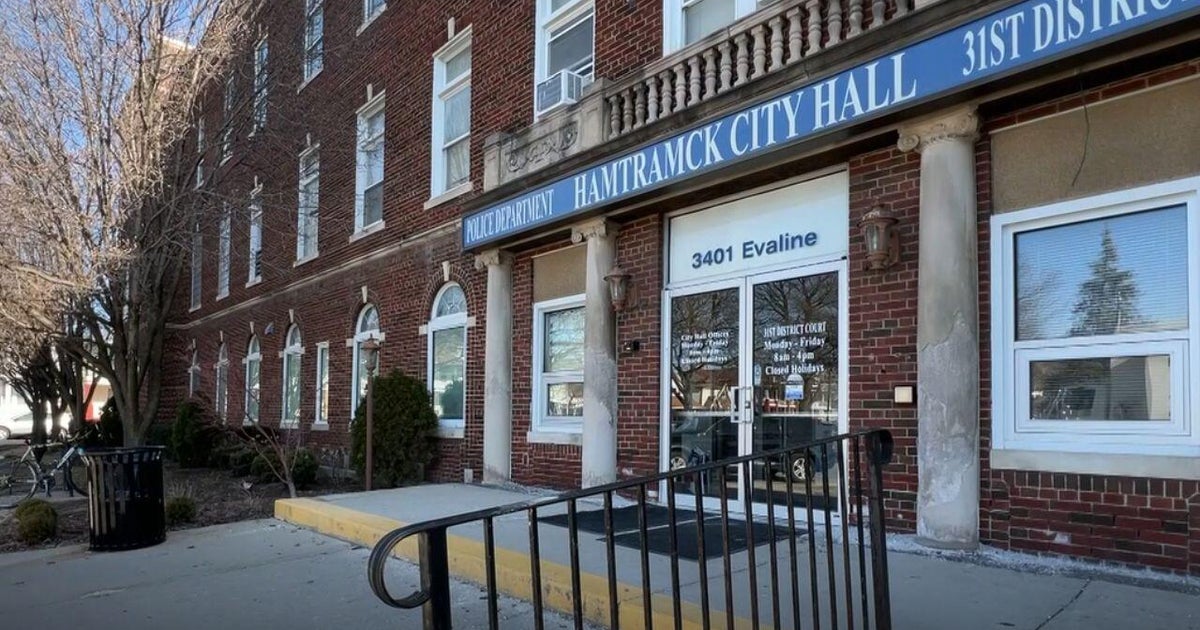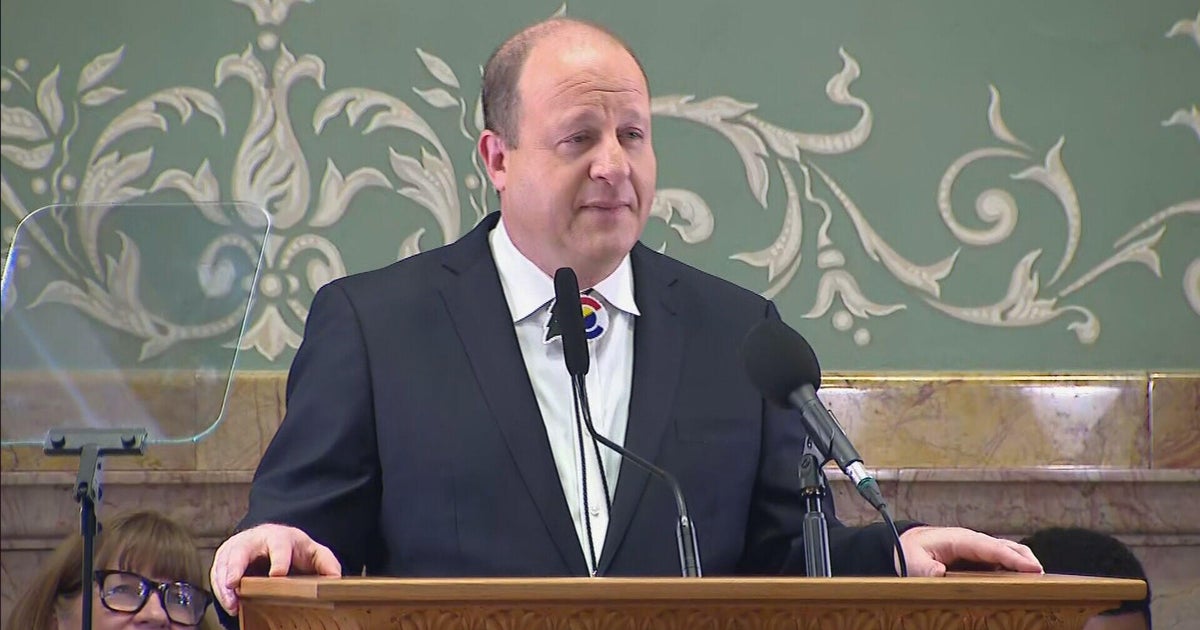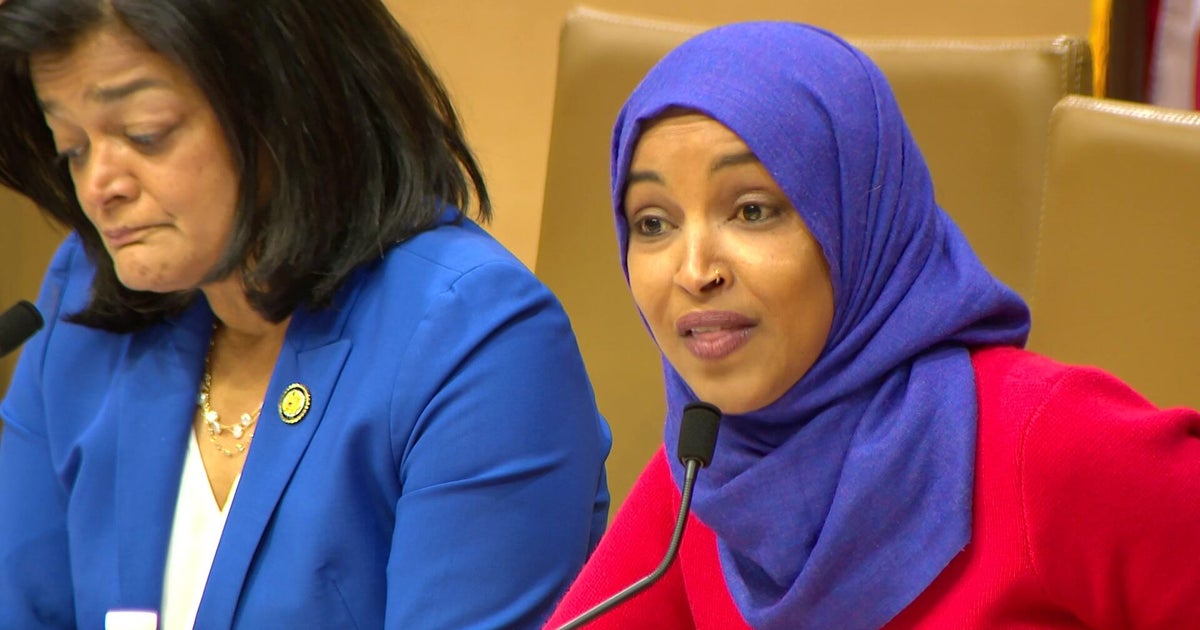Alito extends order reinstating ATF rules restricting "ghost guns" for now
Washington — Justice Samuel Alito on Friday extended his temporary pause of a lower court order that invalidated the Biden administration's restrictions on so-called "ghost guns," allowing enforcement of a regulation from the Bureau of Alcohol, Tobacco, Firearms and Explosives to continue for now.
In a brief order, Alito extended an administrative stay that was set to expire at 5 p.m. on Aug. 4 for four days, until 5 p.m. Aug. 8. Alito handles requests for emergency relief arising from a group of states that includes Texas, where the challenge to ATF's efforts to regulate ghost guns originated.
The Biden administration sought emergency relief from the Supreme Court late last month and asked the high court to put on hold a ruling from a federal district court in Texas that tossed out the rule governing ghost guns.
The measure from ATF, which took effect in August 2022, updated its regulations regarding the definition of a "firearm" under the Gun Control Act to address the proliferation of ghost guns, which are untraceable firearms that can be made from kits available online and assembled at home. The rule defined "firearm" to "include a weapon parts kit that is designed to or may readily be completed, assembled, restored, or otherwise converted to expel a projectile by the action of an explosive."
The regulation also clarified the definition of "frames or receivers," which are also sold in kits, to include a "partially complete, disassembled, or nonfunctional frame or receiver, including a frame or receiver parts kit," that can become functional.
Under the law as interpreted in the new regulation, manufacturers and sellers of certain kits have to obtain licenses, mark their products with serial numbers, conduct background checks and maintain records to allow law enforcement to trace the firearms when used in crimes. The rule does not prohibit the purchase, sale or possession of any gun, nor does it bar a person legally allowed to have a firearm from making one at home.
The dispute before the Supreme Court was brought last year by two gun owners, two advocacy groups and entities that make or sell the products covered by the rule, which challenged portions of ATF's restrictions— the inclusion of weapons parts kits under the definition of "firearm" and updated interpretation of "frame or receiver" — as unlawful.
A federal district court blocked the challenged provisions, prohibiting the Biden administration from enforcing them, but declined to issue a nationwide injunction.
Then, earlier this summer U.S. District Court Judge Reed O'Connor ruled in favor of the plaintiffs and blocked the regulation nationwide, finding ATF acted beyond the scope of its statutory authority. The Biden administration asked the U.S. Court of Appeals for the 5th Circuit to halt the lower court's decision, and the appeals court declined to do so, regarding the two challenged provisions.
The 5th Circuit expedited the Biden administration's appeal and is set to hear arguments in September.
But the Biden administration turned to the Supreme Court and requested it to put the district court's order on hold. If it declines to do so, the administration asked the Supreme Court to take up the case and hear arguments in the fall.
"The district court's universal vacatur is irreparably harming the public and the government by reopening the floodgates to the tide of untraceable ghost guns flowing into our Nation's communities," Solicitor General Elizabeth Prelogar wrote. "Once those guns are sold, the damage is done: Some will already be in the hands of criminals and other prohibited persons — and when they are inevitably used in crimes, they are untraceable."
Prelogar told the court that under a stay, the challengers would be free to make, sell and buy weapons parts kits and only would need to comply with federal requirements that apply to commercial sales of other firearms.
But the plaintiffs challenging ATF's rule argued that by redefining "frame or receiver" and "firearm" under federal law, the agency overstepped its authority under the Gun Control Act.
"By seeking to bring within its purview items that facilitate the making of firearms by private citizens for their own use, ATF has sought to fundamentally alter the policy choices made by Congress in 1968," one group of gun owners and retailers told the court. "Those policy choices are for Congress, not ATF, to make."







